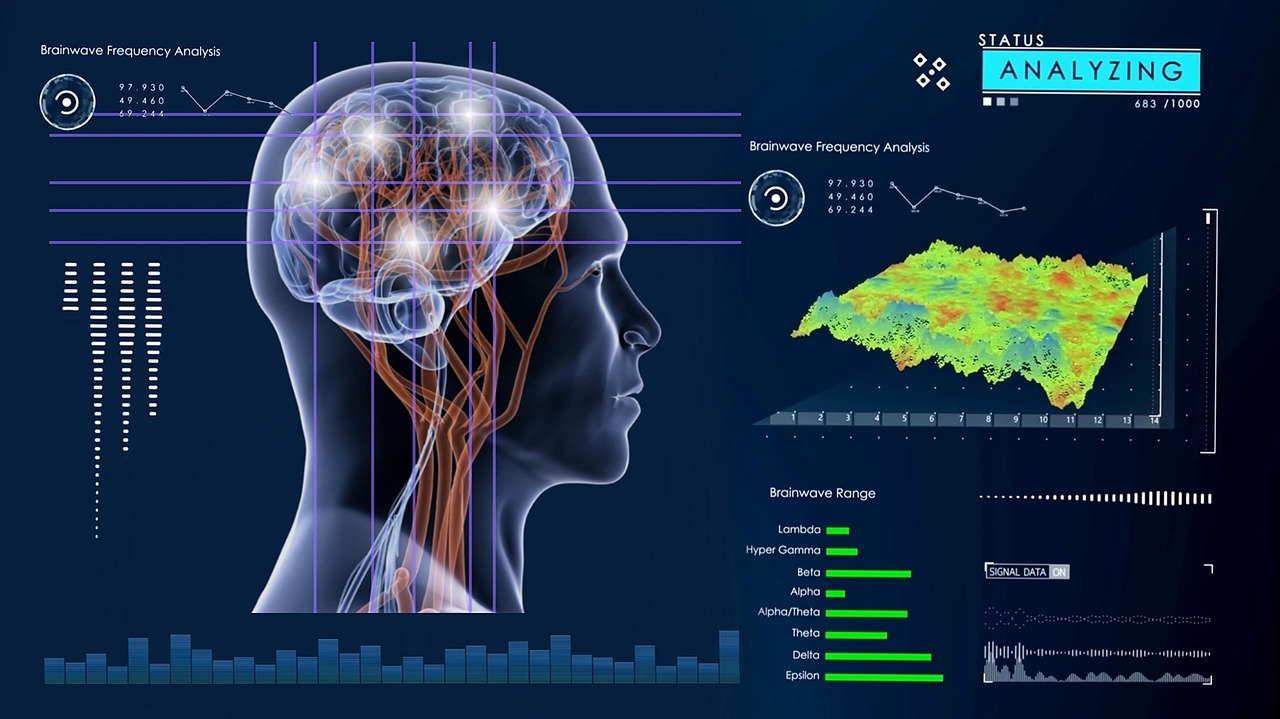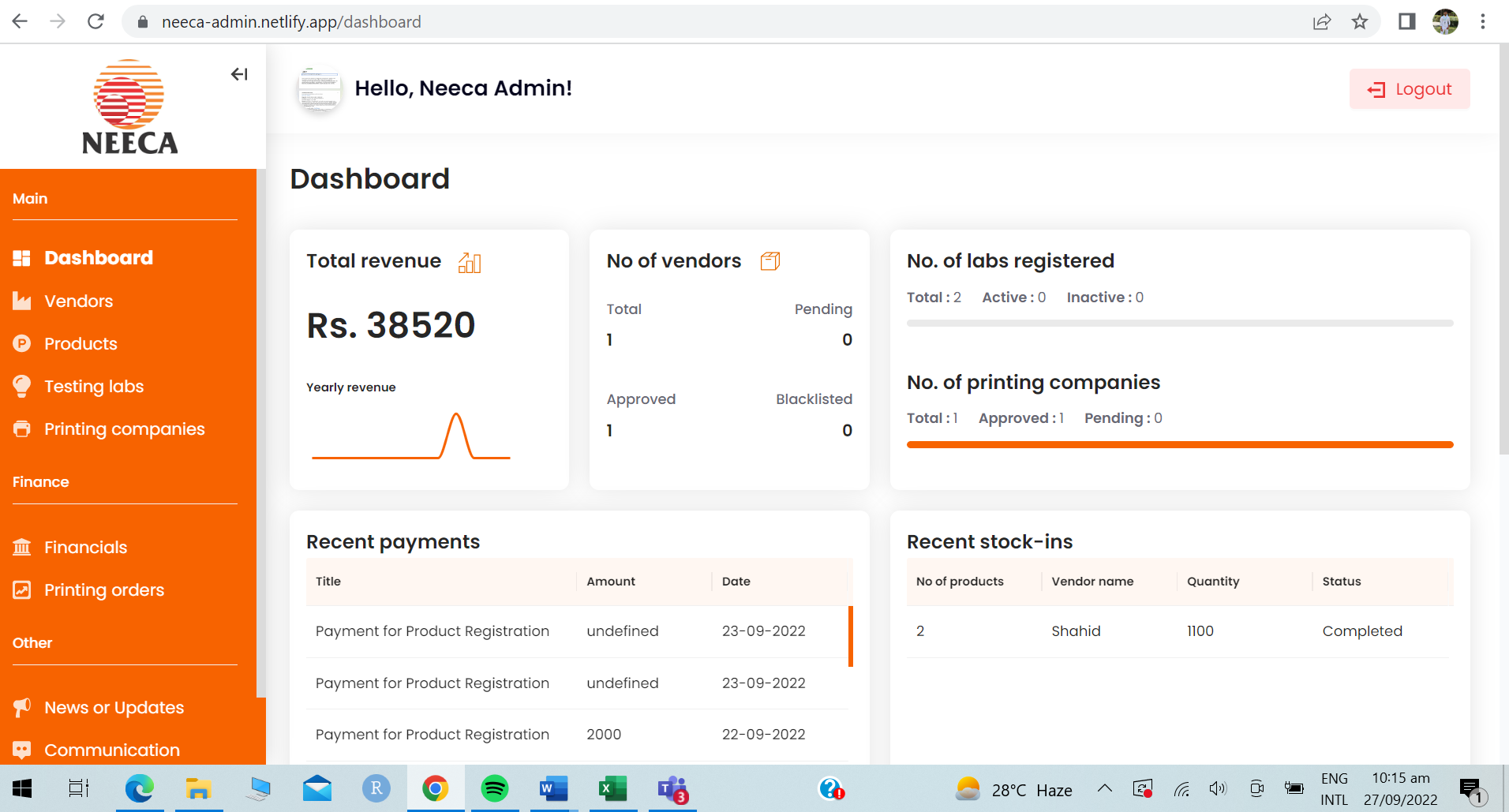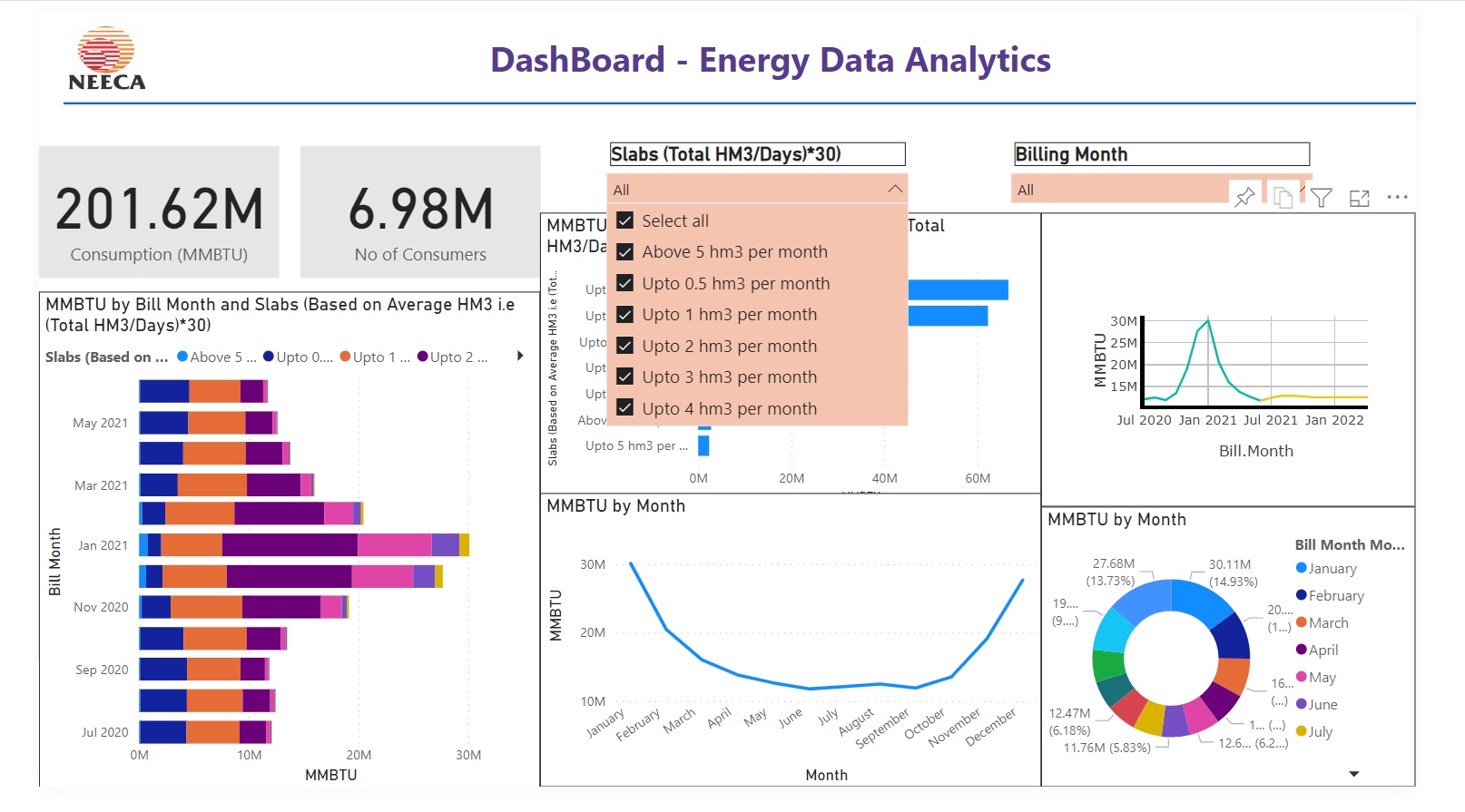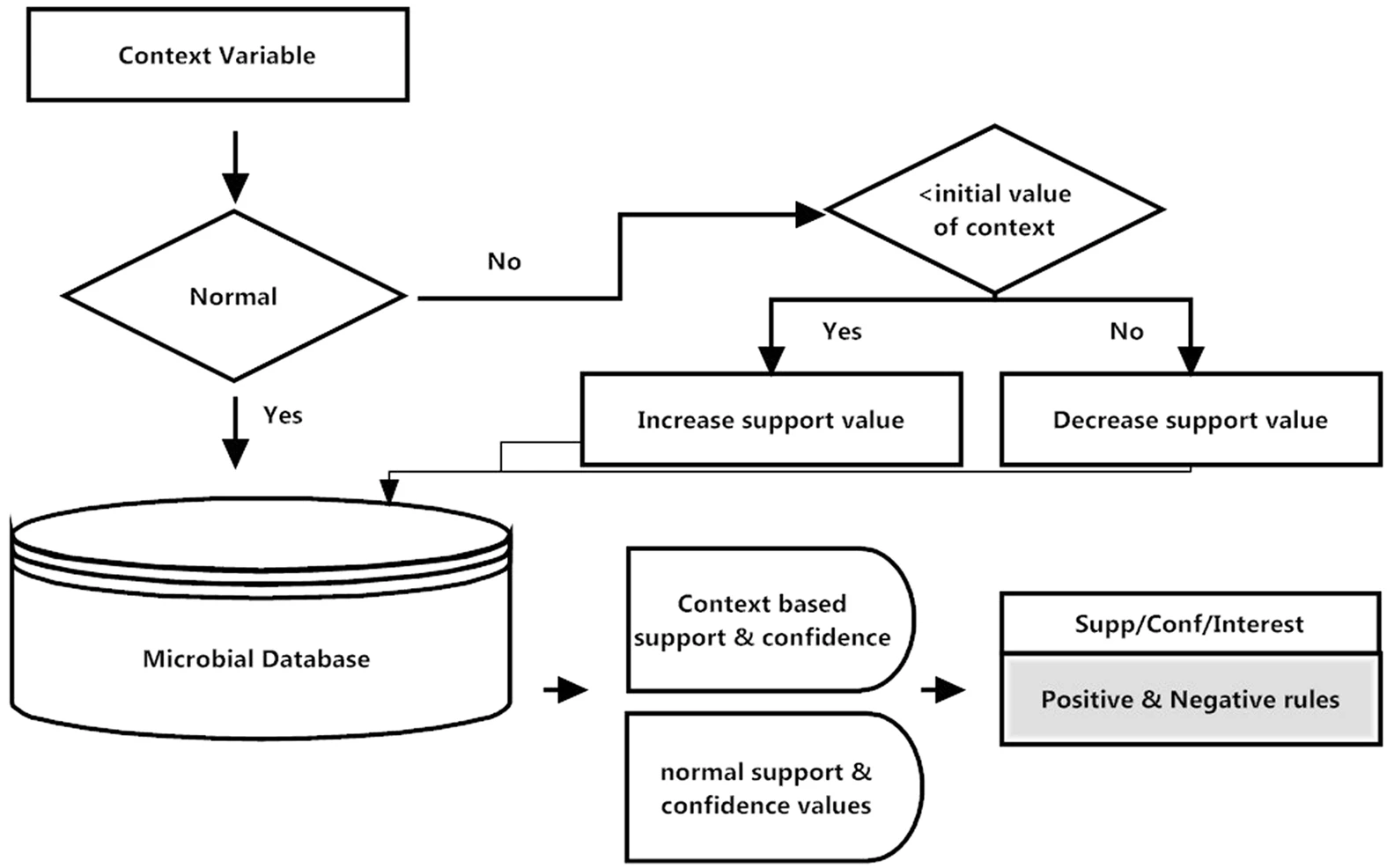Virtual education wisdom mining dashboard

VEWD is a Wisdom Mining-based dashboard for analyzing parameters influencing MOOCs adoption integrates advanced data analytics with contextual understanding to uncover deep insights from historical and real-time data. By combining machine learning, expert knowledge, and domain-specific heuristics, the dashboard identifies key behavioral, technological, and socio-economic factors affecting user engagement and course completion. It offers intuitive visualizations and actionable recommendations, enabling educators and policymakers to design more effective, inclusive, and adaptive online learning strategies
Artificial intelligence based system for moocs

AIMOOCS is an AI-based dashboard for online education leverages intelligent algorithms to monitor, analyze, and optimize the learning experience in real time. It tracks student engagement, learning progress, content effectiveness, and dropout risks through data-driven insights. By providing personalized feedback, predictive analytics, and adaptive learning paths, the dashboard empowers educators to make informed decisions and supports learners with tailored recommendations for improved outcomes.
meps - energy product registry system

MEPS -ERS is a centralized digital platform developed to facilitate the registration of manufacturers and importers in compliance with Minimum Energy Performance Standards (MEPS) for lighting products. This system supports Pakistan’s transition from conventional lighting to energy-efficient solutions using Light Emitting Diodes (LEDs). By ensuring traceability, quality assurance, and regulatory compliance, the CT Registry enables effective market surveillance and promotes the adoption of sustainable lighting technologies. It plays a crucial role in aligning national energy efficiency goals with international best practices.
eih - energy information house

Energy Information House (EIH), is designed for energy information and dissemination, at the Federal and Provincial headquarters in close coordination with its Provincial Designated Agencies and other relevant Energy Sector entities of Pakistan. The analysis of data from these energy centres will become possible with the semantics of the domain-specific variables of energy efficiency. EIH by incorporating business intelligence, big data and machine learning consist of automatic analysis interfaces equipped with newly developed algorithms cover developing a reliable and sustainable mechanism for dissemination of the energy information based on the analyses of the collected data at the national level for all the stakeholders.
Intelligent recommender job portal

JR is aimed to develop a job portal for retired military servicemen for their registration and searching for post-retirement employment opportunities in Fauji Foundation Companies. An intelligent recommender system is also devised in the system to recommend most relevant opportunities to the individuals
Intelligent Covid-19 tracker and predictor
Covid 19-TP is aimed to develop a GIS-based COVID victim tracker with the provision of multiple predictors. Data mining/ machine learning algorithm is developed to predict the tentative end date
of Covid-19 infections based on different parameters. The system was uploaded on Android store for free download and the predictors are published in international journalsmicrobial prospection of oil and gas

The presence of hydrocarbons beneath earth’s surface produces some microbiological anomalies in soils and sediments. The detection of such microbial populations involves pure bio chemical processes which are specialized, expensive and time consuming. This paper proposes a new algorithm of context based association rule mining on non spatial data to mine context based association rules on microbial database to extract interesting and useful associations of microbial attributes with existence of hydrocarbon reserve
GIS Mapping of gas distribution network

The project aimed to incubate a geographic information center at SNGPL head office after which the design and implementation of GIS for the country’s gas network was to be completed. The design was specific for the distribution and transmission of the gas network in Pakistan. The project also included inclusion of data mining/ BI based data analysis modules to make GIS more analyzable.
